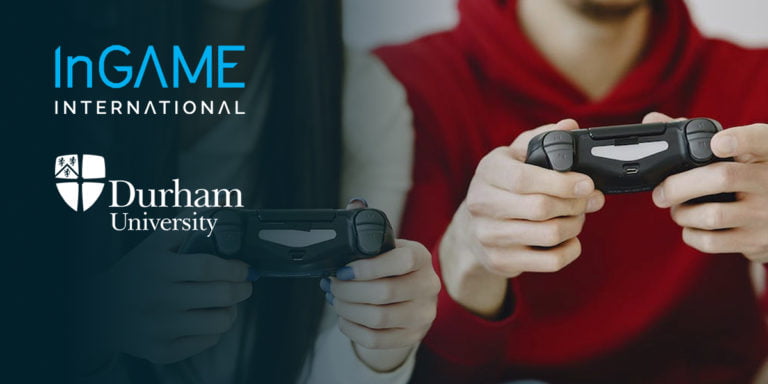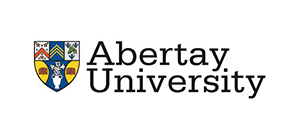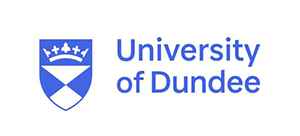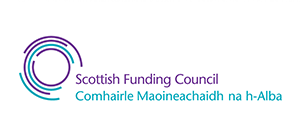September 1 - 04:00 pm
End:September 1 - 05:30 pm
Event Category: Click to Register: https://www.eventbrite.co.uk/e/ethics-and-historical-videogames-tickets-162265970887Historical Games Network
Introduction
Our latest event focuses on questions of respect, principles, and responsibility in the context of historical games. How is ethical responsibility distributed between those who make and play games, and also those who modify, review and regulate them?
Ethical issues feature frequently in discussions of academic research, particularly where that research involves other people, and where it concerns significant contemporary issues – such as inequality or wellbeing. Discussions of ethics also appear across the heritage sector, in the games sector in respect of, for example, working conditions, and in the public sphere more generally in respect of domains such as politics or consumerism.
The ethical conversation around history, however, is more weakly developed. Historical research projects can sometimes be seen to dismiss ethical issues as irrelevant, asking ‘how can this work possibly do harm if all of the people discussed are long dead?’ While many historians, and we suspect most heritage professionals, would reject this position immediately, ethics are not always the first consideration of working historians, particularly where their work concerns the more distant past.
Speakers
Leyla Johnson is CEO of Mohawk Games and Creative Director for the historical 4X strategy game Old World. With experience working in a range of games industry roles, including narrative design and art direction, Leyla is well placed to discuss the place of ethics in and around the development of historical games.
Meghan Dennis is a Postdoctoral Researcher for Data Interpretation and Public Engagement at The Alexandria Archive Institute, and ethics officer with Computer Applications & Quantitative Methods in Archaeology (CAA). Her research explores how the use of interactive media can influence youth participation in ethical interactions with heritage and archaeology, and her recent PhD thesis examined the impacts of ethical representations of archaeology in interactive media.
Florence Smith Nicholls is an archaeologist, freelance writer and narrative designer. Since 2016 they have conducted research in the field of archaeogaming. They are an incoming PhD student on the IGGI programme at Queen Mary University of London, working on procedurally generated archaeology games. You can follow them on Twitter (@florencesn)
Adam Chapman (Chair) is a former senior lecturer at the University of Gothenburg currently working as an independent scholar. His research focuses on historical games, i.e. those games that in some way represent, or relate to, discourses about the past. He is the author of Digital Games as History: How Videogames Represent the Past and Offer Access to Historical Practice (Routledge 2016), alongside a number of other publications exploring games as a historical form. He has been writing on the topic of historical games since 2009 and is also the founder of the Historical Game Studies Network. Adam can be contacted on Twitter at @Woodlandstaar.
About the Historical Games Network
The Historical Games Network brings together academics, game makers and other cultural workers to explore the relationship between history and games of all kinds.
We aim to engage a diversity of perspectives, to support – and offer a platform to – new voices in the field, and to speak to a broad audience, both professional and public.
About InGAME
InGAME: Innovation for Games and Media Enterprise is an £11.5 million pound R&D Centre based in the heart of the Dundee videogames cluster. Led by Abertay University, in partnership with the University of Dundee, the University of St Andrews and local and international industry partners, InGAME delivers innovative research and R&D support services to games companies in the city and beyond. InGAME is part of the Creative Industries Cluster Programme, funded by the Arts & Humanities Research Council and part of the Industrial Strategy. We also receive significant funding from the Scottish Funding Council.










